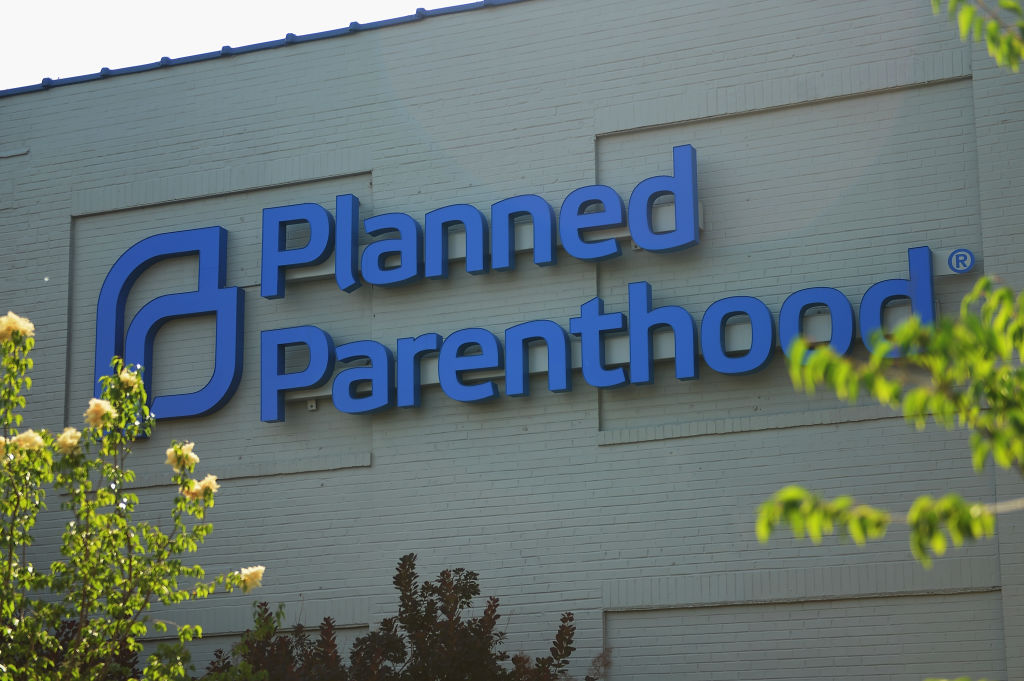Home » News » 2024 » May
News Brief
May 8, 2024 |
By: Anna Spoerre - Missouri Independent
Missouri governor to sign bill ending Medicaid reimbursements to Planned Parenthood

By Anna Spoerre - Missouri Independent
Missouri Gov. Mike Parson has announced he will sign legislation limiting Planned Parenthood’s ability to serve low-income patients at a ceremony in his Capitol office Thursday.
The new law, which will go into effect Aug. 28, will end Medicaid reimbursements to any health centers affiliated with abortion providers. In Missouri, the law would apply to Planned Parenthood.
“This is something Republicans have been working for years, since we captured the majority,” said state Sen. Mary Elizabeth Coleman, an Arnold Republican who sponsored a version of the legislation. She added: “It’s a huge victory. Missouri has a long history of being a pro-life state.”
Nearly every abortion, with exceptions for medical emergencies, has been illegal in Missouri since 2022. However, the state’s Planned Parenthood clinics have continued to operate, providing services such as contraceptive care, STI testing, cancer screenings and wellness checks.
Missouri Republicans have argued that no additional money should be going to Planned Parenthood, since Missouri’s locations are affiliated with clinics in Kansas and Illinois, where abortion is legal and where many Missourians travel for the procedure.
Democrats, Planned Parenthood and other health institutes have argued that the bill would cause the most harm to Missouri’s most vulnerable population, who may be forced to find a new provider. But the state’s public health safety net is already strained and will have a difficult time absorbing the thousands of displaced patients.
Two weeks ago, the Missouri House approved the legislation, originally filed by Republican state Rep, Cody Smith of Carthage, though it did so without approving an emergency clause which would have put the bill into effect immediately upon the governor’s signing.
Coleman’s version of the bill was blocked by a Democratic filibuster in February. A second filibuster by Senate Democrats in April was abandoned after 11 hours when Republicans agreed to remove a provision that would have ended contracts with organizations founded by eugenicists.
Missouri Republicans have twice before tried to pass a similar restriction through the state budget, attempts that were ruled unconstitutional by state courts.
A similar restriction went into effect in Arkansas several years ago when the law was upheld by the 8th U.S. Circuit Court of Appeals in St. Louis. At that time, Planned Parenthood clinics in Arkansas immediately stopped seeing Medicaid patients.
After the bill cleared the legislature, Planned Parenthood Great Plains and Planned Parenthood of St. Louis Region and Southwest Missouri, which have clinics in Missouri, said in a statement that they will continue trying to serve all patients, “no matter what.”
As of March, Planned Parenthood clinics in Missouri had been without Medicaid reimbursements for two years. At the time, Emily Wales, CEO and president of Planned Parenthood Great Plains, said her organization offset the cost of care for Missouri Medicaid patients through private fundraising.
MO HealthNet, the state’s Medicaid program, serves low-income and disabled citizens and has long banned funding for abortion, with limited exceptions.
Planned Parenthood has said nearly one in five of their Missouri patients are on Medicaid.
The Missouri Family Health Council Inc. has been particularly vocal against the bill, saying it could harm thousands of patients.
The health care nonprofit found through informal surveying that across Missouri’s safety net clinics, wait times over the past two years averaged between five and seven weeks, with some clinics as few as two weeks and some pausing new patients completely. Meanwhile, wait times at the state’s Planned Parenthood clinics averaged between the same day and three days to get an appointment.
In 2022, across all 68 safety net clinics in the state that take Title X funding, around 24% of the clients were on Medicaid, said Michelle Trupiano, the council’s executive director.
![]()






